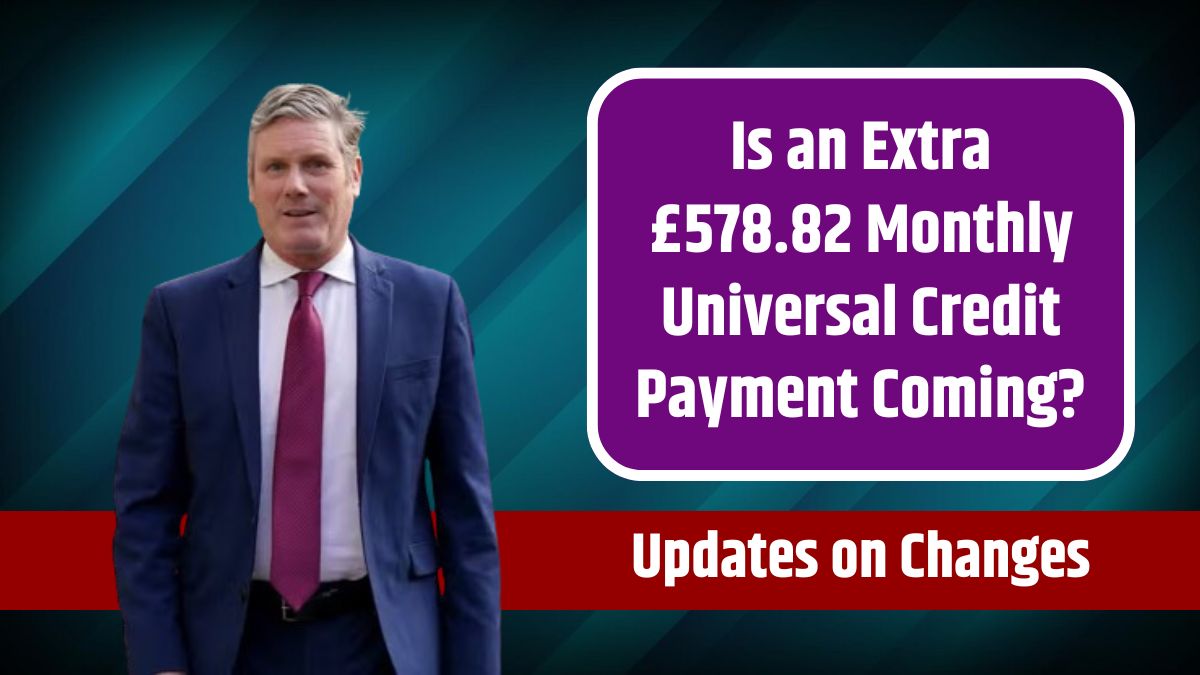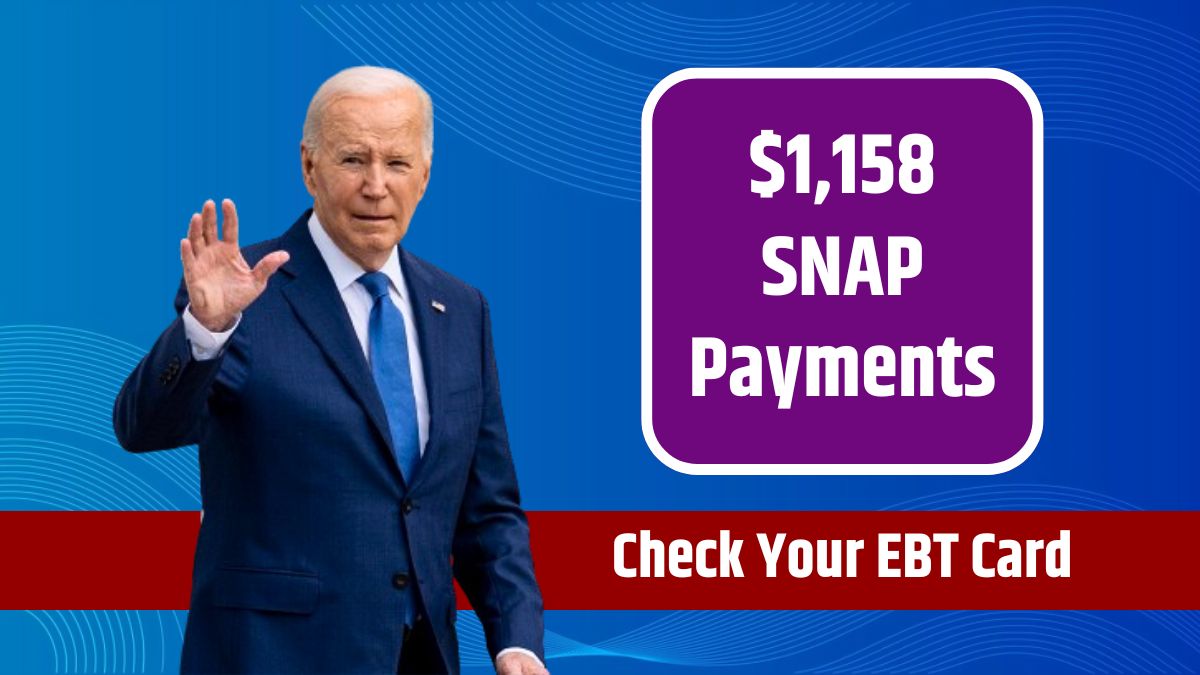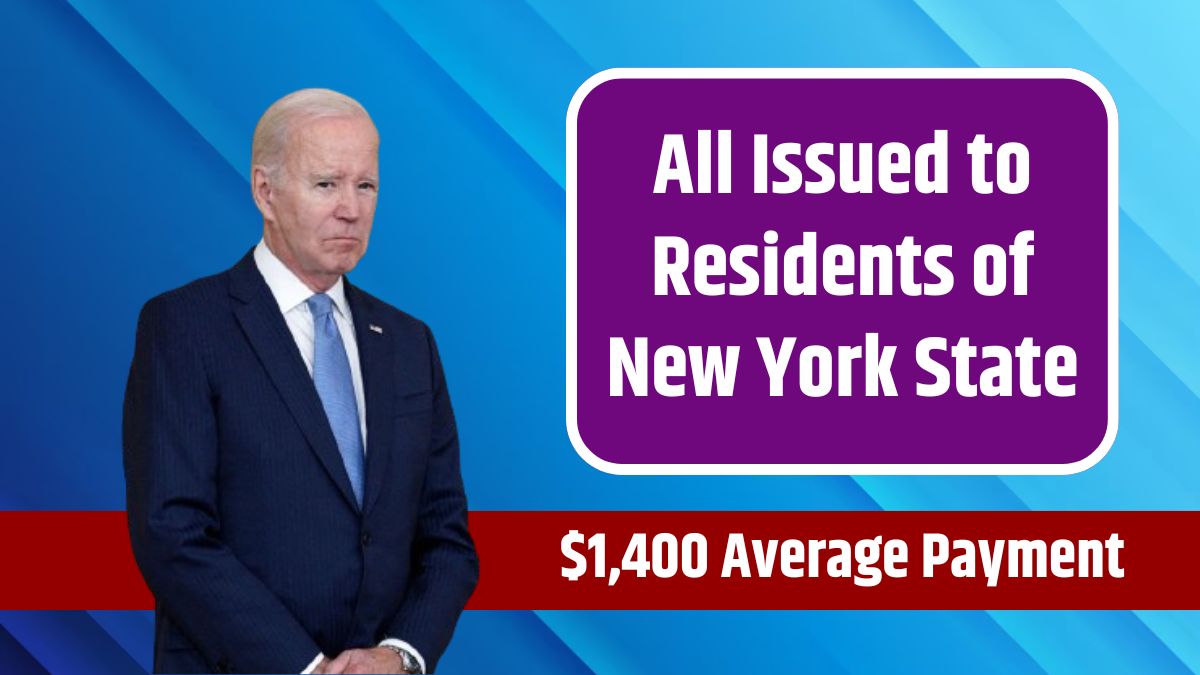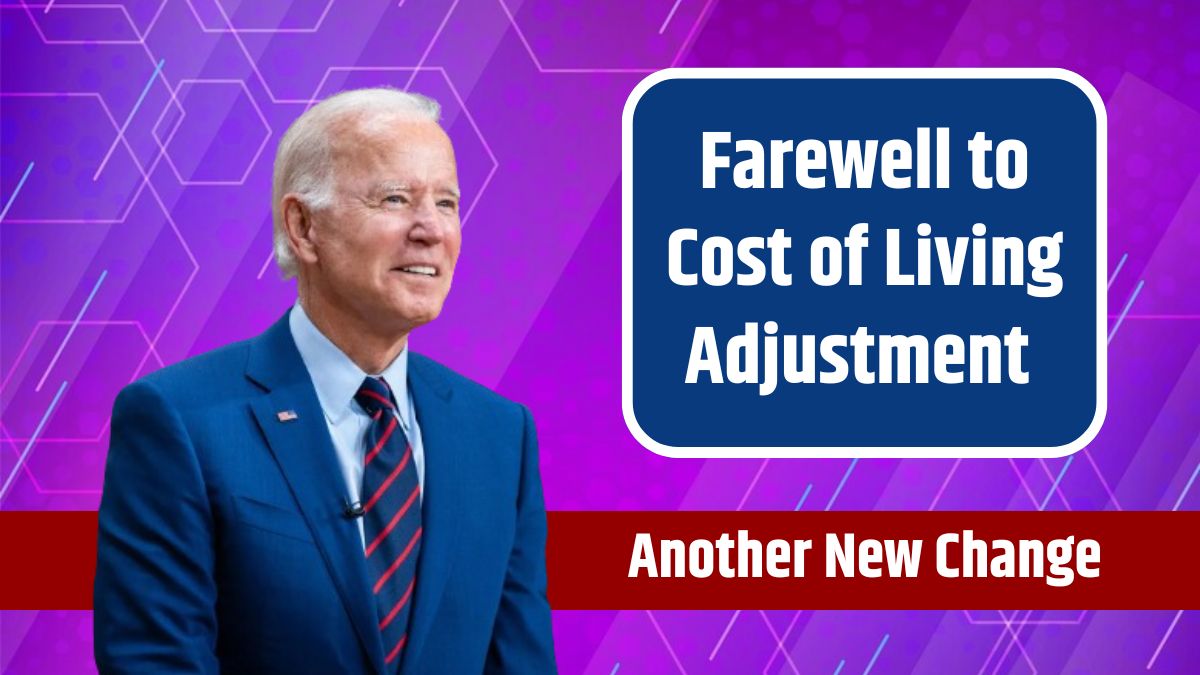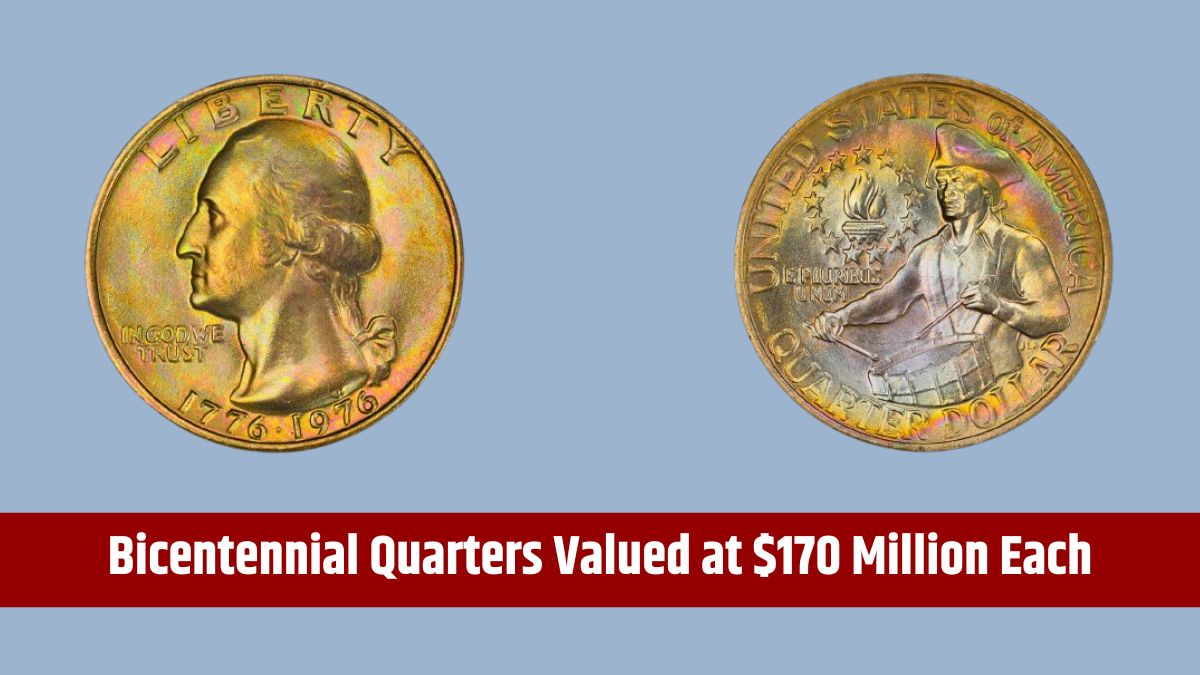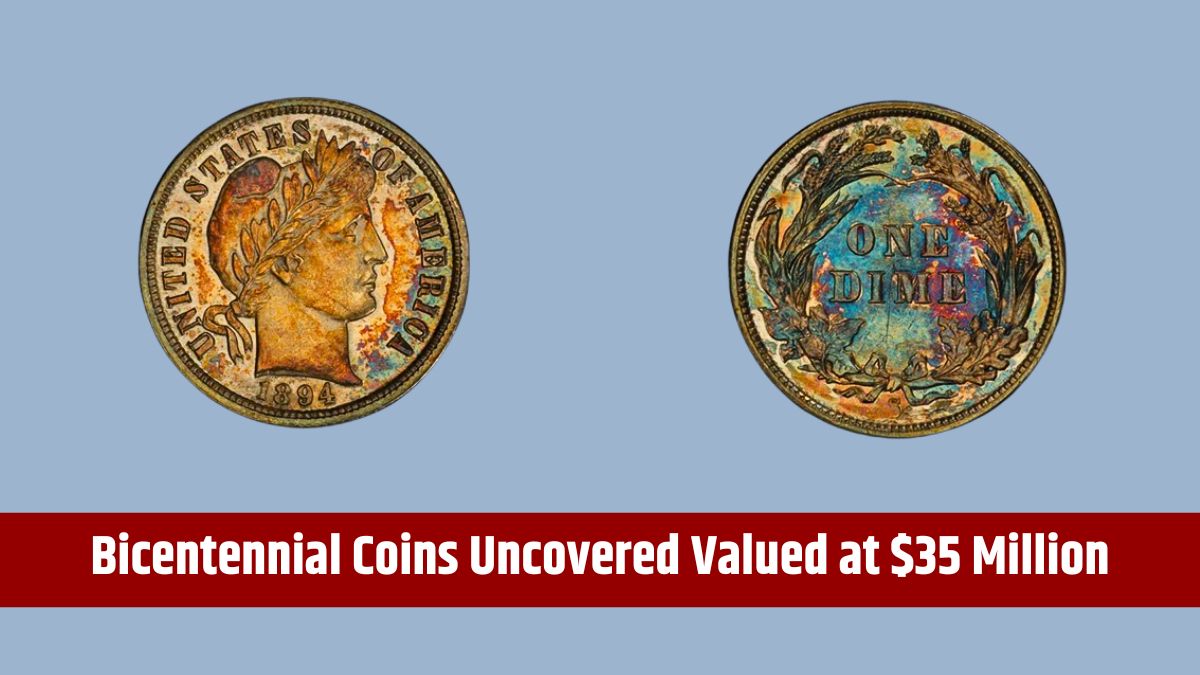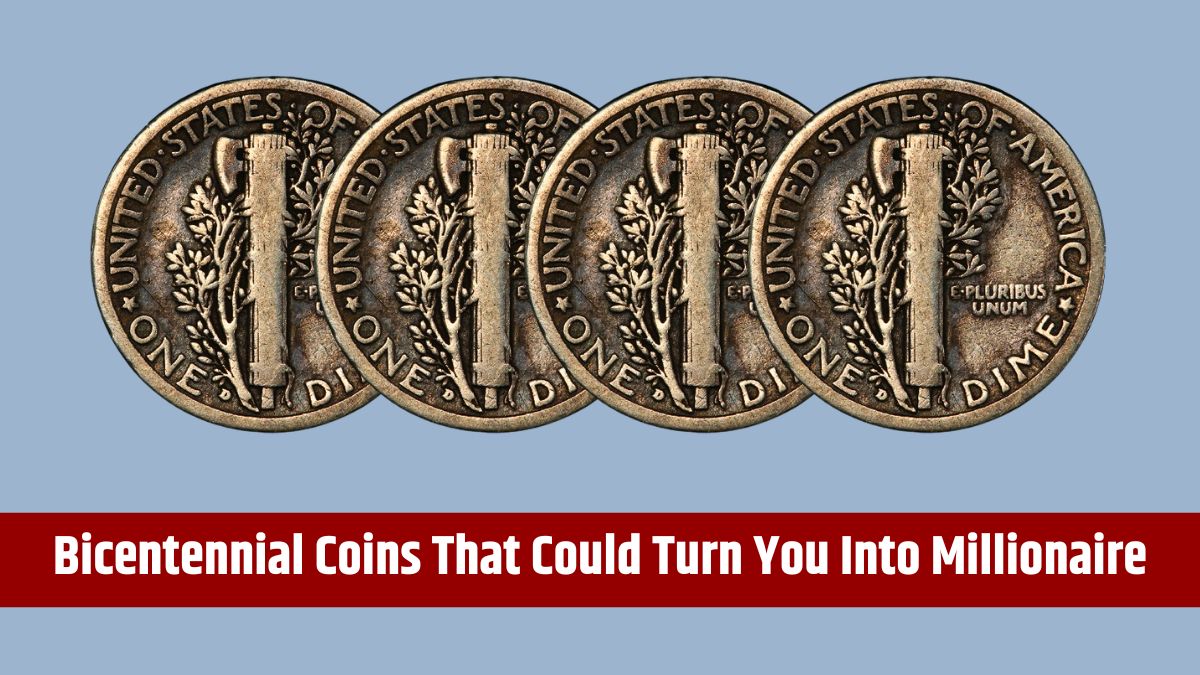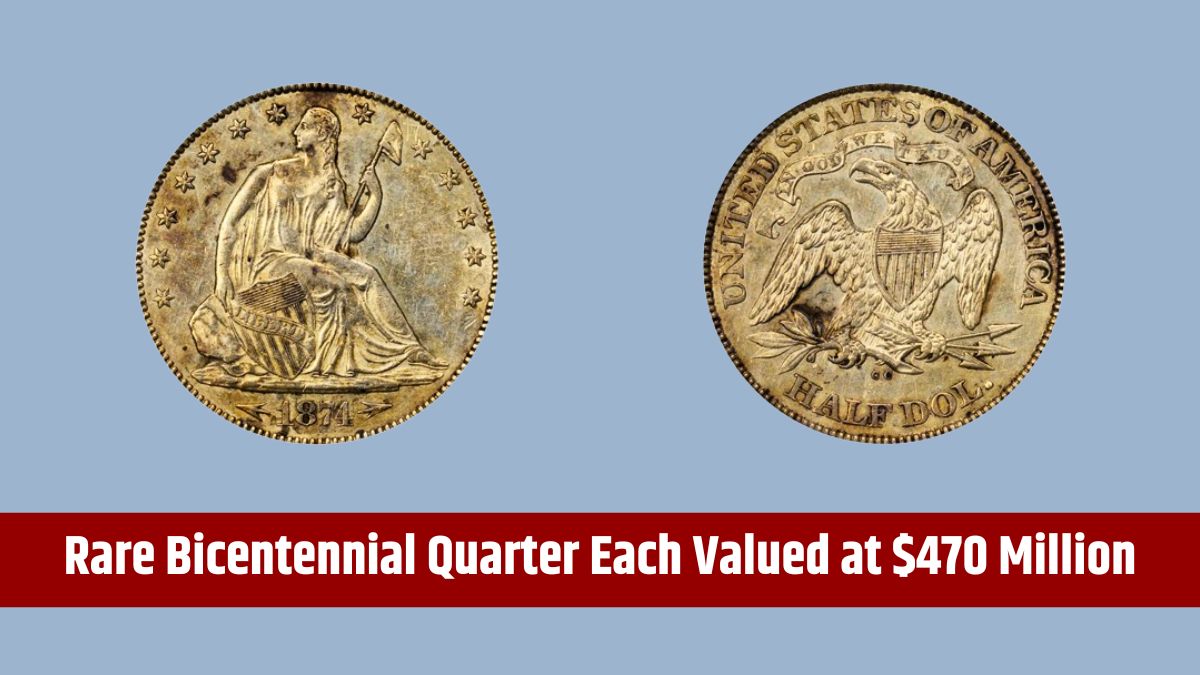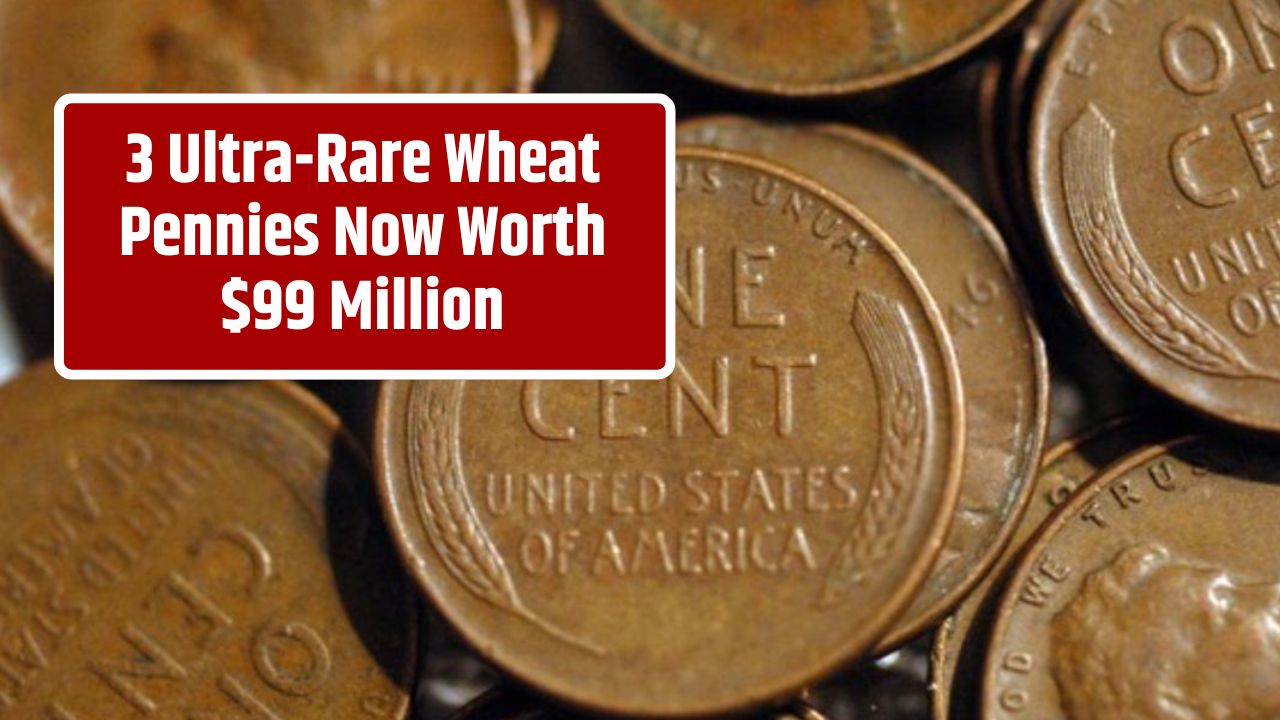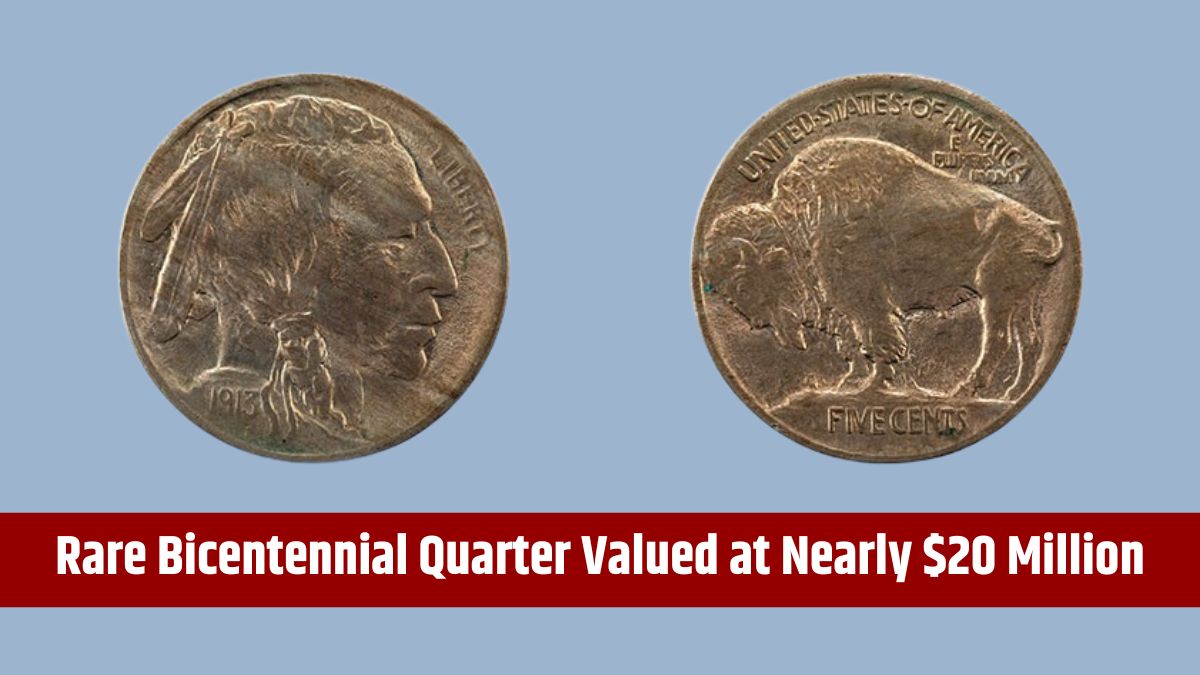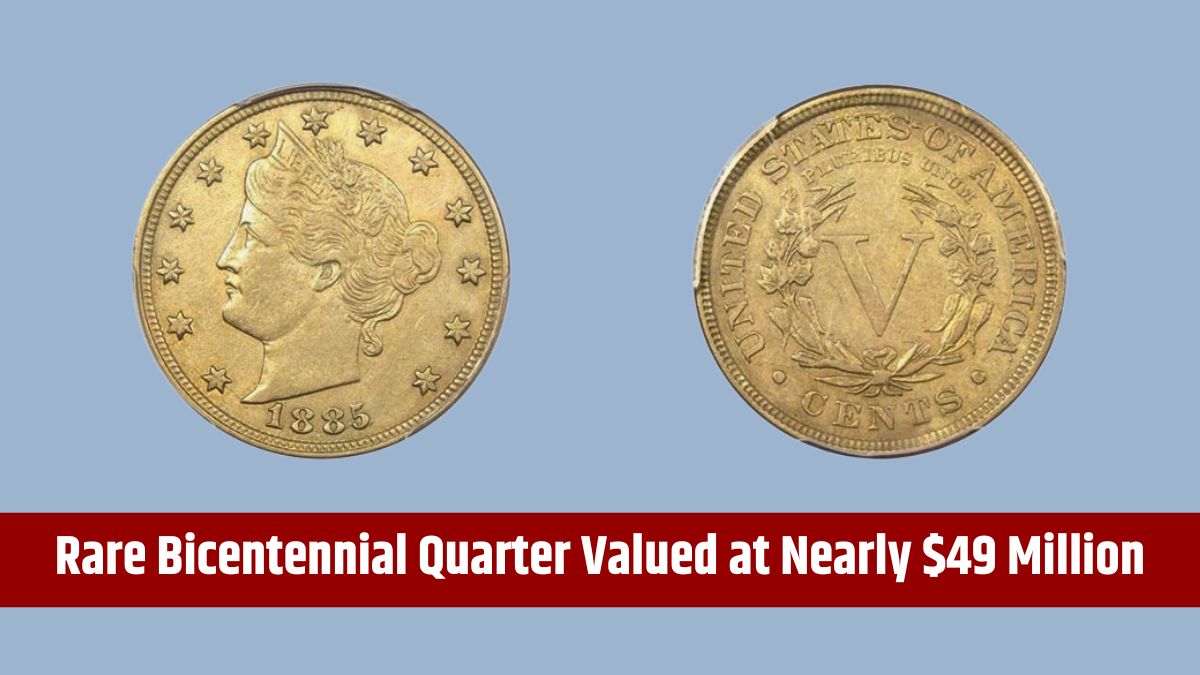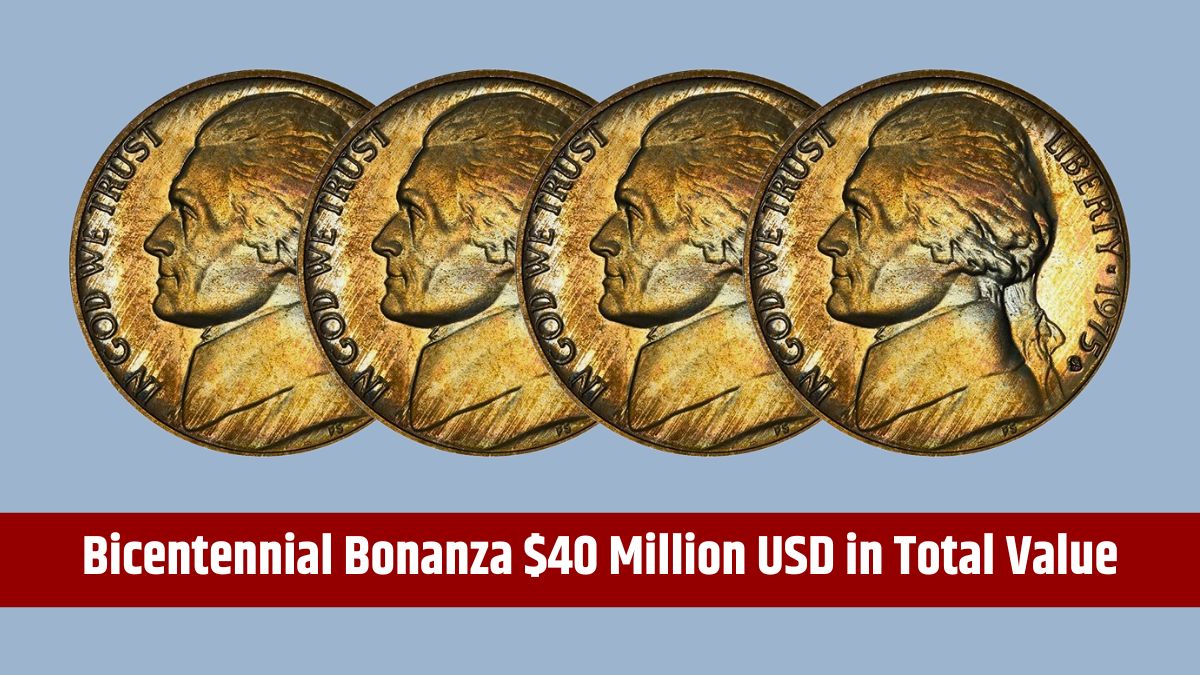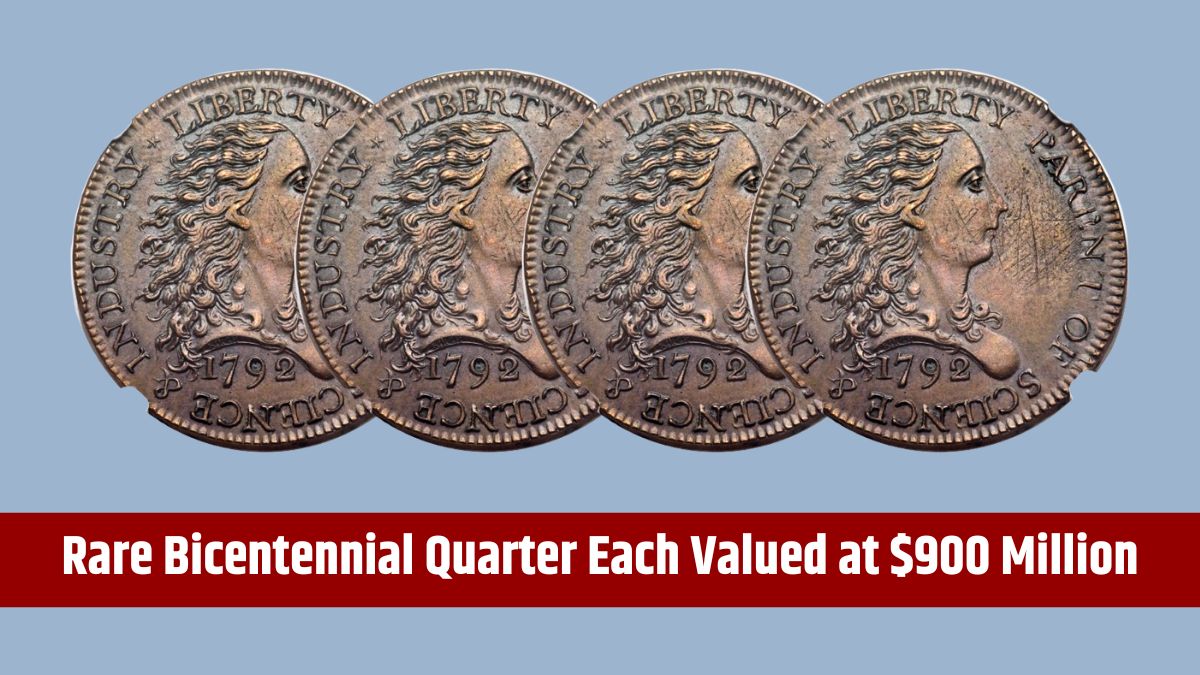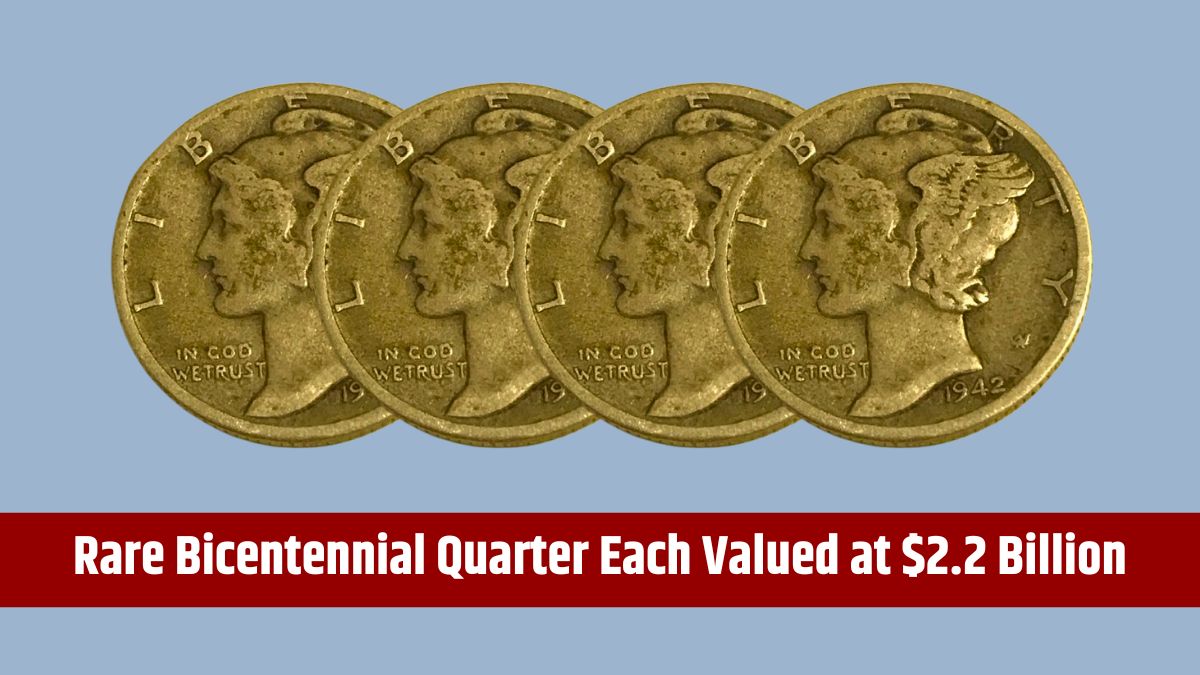Universal Credit is a key social security payment in the UK that supports people with low income, disabilities, or those who are unemployed. In response to rising living costs, the UK government has introduced changes to the Universal Credit program for 2024. With increased financial aid and updates to benefit rates, here’s what you need to know about the upcoming changes and the possibility of a £578.82 monthly extra payment.
Universal Credit
Universal Credit consolidates six separate benefits into one monthly payment, aiming to simplify the welfare system. It covers various needs, including:
- Housing costs
- Caring responsibilities
- Disability support
- Raising children
It is a means-tested benefit, meaning eligibility and payment amounts depend on factors like income, savings, and household circumstances. Over 20 million people in the UK receive some form of assistance through Universal Credit, which is managed by the Department for Work and Pensions (DWP).
2024 Changes
In April 2024, Universal Credit rates will increase by 6.7%, in line with the Consumer Price Index (CPI) inflation rate. This rise aims to help recipients cope with the ongoing cost-of-living crisis. The updated rates will provide higher monthly payments to eligible individuals and families.
The increase follows a 10.1% hike in 2023, which was implemented to combat rising living expenses. These adjustments reflect the government’s commitment to ensuring that social security payments keep pace with inflation, helping beneficiaries cover essential costs like food, utilities, and housing.
Who Is Eligible?
To qualify for Universal Credit, applicants must meet the following criteria:
- Age: Must be at least 18 years old but below state pension age (exceptions exist for 16 and 17-year-olds in certain cases).
- Residency: Must be living in the UK.
- Income and Savings: Applicants should have a low income or be out of work, with savings or investments below £16,000.
- Household Situation: Eligibility extends to both single individuals and couples, with different rates based on age and living arrangements.
Universal Credit is available to those who are employed, unemployed, or unable to work due to a disability. The payment rates vary depending on individual or joint claims and the claimant’s age.
Monthly Payment
Here’s how the updated Universal Credit payments will look:
| Claimant Category | Monthly Payment Amount |
|---|---|
| Single, under 25 years | £292.11 |
| Single, 25 years and older | £368.74 |
| Joint claimants, both under 25 years | £458.51 |
| Joint claimants, one or both 25+ | £578.82 |
These payments are designed to cover basic living expenses and provide additional financial relief amid rising inflation. The £578.82 monthly rate is for joint claimants aged 25 or older, ensuring that couples facing economic challenges receive adequate support.
Monthly Payment
The £578.82 payment for joint claimants is not an “extra” payment, but rather the standard allowance for couples aged 25 and older. It reflects the updated Universal Credit rates, which are set to increase by 6.7% in April 2024. This adjustment aims to offer relief to households struggling to keep up with living expenses, particularly as inflation impacts essential costs.
Although this increase may not seem like a significant windfall, it helps ensure that benefit recipients maintain their purchasing power amid economic uncertainty.
Additional Support
Apart from the basic Universal Credit payment, recipients may be entitled to additional allowances depending on their circumstances:
- Childcare Costs: Extra payments may be available to cover up to 85% of childcare costs.
- Disability Support: Higher rates are offered to those with health conditions or disabilities.
- Carer’s Allowance: Extra funds are provided to individuals caring for someone with a disability.
These supplementary payments aim to address specific needs, making Universal Credit a flexible support system that adapts to different life situations.
How Payments Are Made
Universal Credit payments are typically made directly into the claimant’s bank account once a month. The 2024 increase in rates will start being reflected in payments from April onwards, meaning recipients can expect to see the higher amounts after that date. As always, payments will continue to be made based on each individual’s or household’s circumstances.
The rise in Universal Credit for 2024 demonstrates the government’s ongoing efforts to help low-income households and vulnerable individuals manage the cost of living. While the increase may not entirely solve financial struggles, it offers crucial support to those who need it most.
FAQs
What is the 2024 increase in Universal Credit?
Universal Credit will rise by 6.7% in April 2024 to match inflation.
Who qualifies for the £578.82 payment?
This amount is for joint claimants aged 25 or older, meeting Universal Credit criteria.
How are Universal Credit payments made?
Payments are deposited monthly into the claimant’s bank account.
What extra support is available?
Additional allowances may cover childcare, disability, and carer’s needs.
Are the new rates permanent?
The updated rates will be in effect from April 2024 through March 2025.

